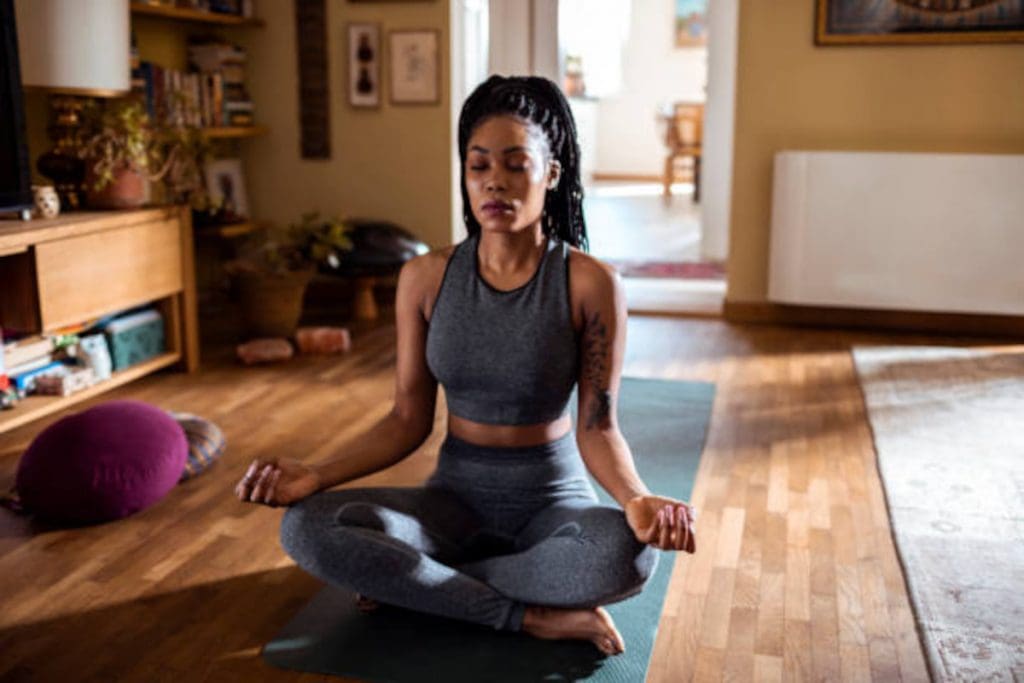Healthy Lifestyle for Students in 6 Easy Steps


Healthy choices are the last thing we associate with modern students. Always on the go with a laptop in the bag, students suffer from a lack of time and proper organization. Found yourself in a disordered room with homework at hand and only a handful of crispy munchies in the fridge?
You can manage without that. Check the following article to learn how to lead a healthy lifestyle as a busy student. All tips are simple and easy on a budget.
Step #1: Focus
Do you frequently find yourself doing two or three things at once? Like, fixing yourself some food, dressing up, and chatting with a friend over Messenger simultaneously? There is research that proves you actually accomplish less by multitasking. And it is a sure way to end up in need of an online write paper service which will help you deal with a pile of assignments.
It is true about both short-term and long-term activities. Jeff Sutherland, the inventor of the Scrum methodology, points out that you lose about 20% of productivity if you work on two projects at once. Work on five projects at the same time, and you waste up to 80% effort.
Students think they are multitasking while they are not. They are sabotaging their emotional health. If you fret about the lab report while skimming through textbooks, it is a sure sign that you need to practice focusing.
Mindfulness, meditation, etc. – we bet you’ve heard these words so often they make you sick. Yet, these practices are key to reduce anxiety and accomplish more. There are plenty of respectful mobile apps to guide you.
Calm down, sit still, and focus on breathing. Simple as it is, it works.
Step #2: Sound Mind in a Sound Body
What is the worst thing that can happen if you overlook your physical shape?
Well, it is probably irreversible spine damage due to a sedentary lifestyle. Unceasing pain in the back is probably not one of your life goals, is it?
But there’s more:
- increased risk of muscle protrusion and joint traumas;
- internal organs chronic diseases;
- blood pressure disorders;
- anxiety and depression;
- diabetes;
- migraines…
The list of unspeakable horrors could go on and on, but the bottom line is that you don’t need to know all the possible diseases caused by the lack of activity. You only need to engage in moderate exercise to avoid the implications. Aim for 120-150 minutes of moderate physical activity each week.
A walk in the park counts. Even some eye exercises count. If you are consistent about it, you will offset the loss of sight or avoid it completely.
Step #3: Eat Healthy
Healthiness is a very broad term. What does it even mean? Does it describe a cheerful unyielding person or someone who has never had the flu?
For instance, you might have a great cardiovascular system, but your eyesight is far from perfect. In this case, do you fall into the category of healthy people or not?
There are always some weak spots in your body. Your task is to identify them as soon as possible and take good care of them so that they stay in a passable shape.
A body is a vehicle. A failure of one of its parts makes the whole system less productive, if not useless. That said, the fuel you throw in the tank matters A LOT.
We wish you were aware of how fast carbohydrates (read: sugar) damage your body or why fruit is generally considered a better food than meat. You need to carry out your own research, considering both the general health tips and your unique constitution. The latter should be prioritized, of course.
Step #4: Sleep Well
The science of sleep has been popular lately. The reason for this is that people discover now and again that they just can’t sleep and be awake whenever they want at will.
- Wake up and start your day closer to sunrise.
- Go to bed before 1 AM.
- Turn off the lights and the devices a few hours before sleep.
You can tell from personal experience that sleep disorders make you irritated and distracted.
Give it enough time, and irregular sleep may develop into a serious illness. So there is a good reason why sleep apps are getting so much attention. Give them a look sometime as well.
Step #5: Socialize
Living a healthy life in college is not easy: one has to juggle studying, eating, sleeping, working out, and chilling down in an orderly manner. Carrying on is even more difficult if you do it all alone.
The feeling of isolation puts a heavy strain on our morale. Humans are meant to work in societies. At times it might feel like life has no meaning when there is no one around to support you or share your worldview. Even if you’re more of a secluded type, you can’t deny that social relations build your character, making it more mature.
There is a practical aspect to it, too. You’ve probably heard the term “networking.” It is not about making the best use of the people around you. It is about uniting for the sake of the common good, sharing knowledge and life experience. And what’s better than having someone to share your thoughts with?
Step #6: Fall in Love With Someone or Something
Intimate relations make you feel good physically and emotionally. The surge of hormones makes you more resilient to pain and stress. If you’re not in it for a mood bonus, what about falling in love with your hobbies and other interests?
Hobbies let you grow personally and explore your talents. By learning new activities, you discover unimaginable things about yourself. In a good way. For instance, you never considered the profession of a designer. This is where courses are efficient. They help you understand whether you’d like some things or not.
Final Thoughts
Staying healthy is challenging once you become a student. But with a few effective tips, you’ll quickly manage it. Nourish your mind and then nourish your body. Caring about your physical looks is of the same importance as caring about your mind.
We hope our article gives you a grasp of a healthy lifestyle. Stay strong!
Since you’re here …
… we have a small favour to ask. More people are reading Side-Line Magazine than ever but advertising revenues across the media are falling fast. Unlike many news organisations, we haven’t put up a paywall – we want to keep our journalism as open as we can - and we refuse to add annoying advertising. So you can see why we need to ask for your help.
Side-Line’s independent journalism takes a lot of time, money and hard work to produce. But we do it because we want to push the artists we like and who are equally fighting to survive.
If everyone who reads our reporting, who likes it, helps fund it, our future would be much more secure. For as little as 5 US$, you can support Side-Line Magazine – and it only takes a minute. Thank you.
The donations are safely powered by Paypal.









